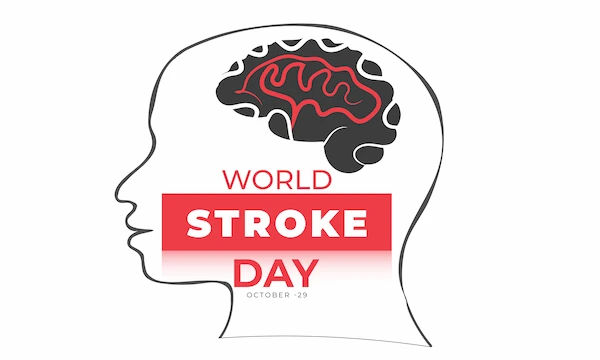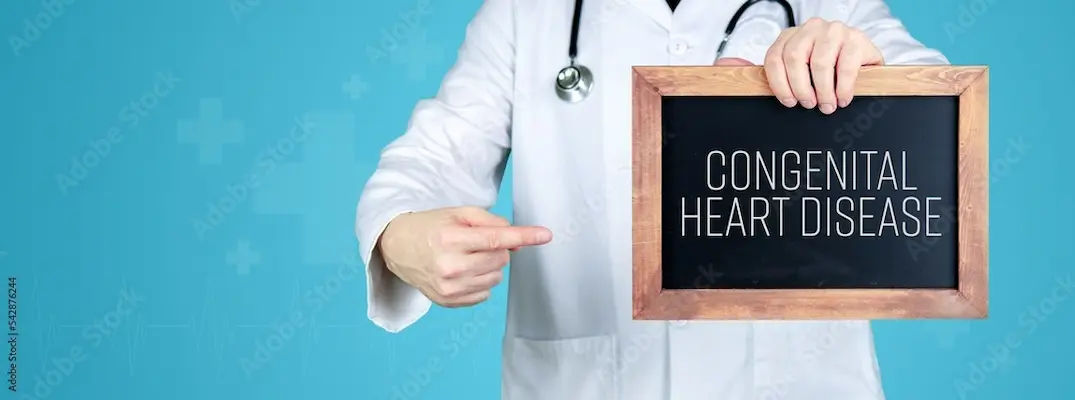- male
- 50 Years
- 07/02/2025
I'm a bit puzzled because my ECG is coming back normal, but I'm still feeling pain in my left arm and shoulder. Last Tuesday, my blood pressure was at 160, and now it's around 11064. Can you help me figure out what's going on?
More Cardiology Health Queries
View allHey, my mom just had a 2D echo test and stress test done. The echo test came back normal with an LVFH of 60. However, during the stress test, she only managed to stay on the treadmill for 2 minutes because she's not very active and is a bit overweight. Our doctor has now recommended an angiography since the stress test wasnt normal. Do you think we should be concerned and go forward with the angiography?
Based on the information provided, since the stress test was not normal and your mom has limitations in physical activity due to being overweight, it would be advisable to follow your doctor's recommendation for an angiography. This will help in further evaluating the condition of her heart and determining the best course of action. In the meantime, it's important for your mom to continue following a healthy lifestyle, including regular physical activity and a balanced diet.
Answered by 1 Apollo Doctors
I'm a bit confused about the change in my medication. I was originally prescribed Ciplar LA 20, but now they've switched me to Ciplar 10, twice daily. Is this switch okay, and how much time should I leave between each dose?
Visit your Physician for appropriate management
Answered by 1 Apollo Doctors
I've been watching this show on Hotstar called Human, and it got me thinking. They talk about a drug named S93R that's supposedly used for heart disease. I'm curious and a bit worrieddoes this drug actually exist, or is it something completely made up for the show? Could you let me know if there's any real information about S93R?
I don't know about a drug called S93R. It seems to be a fictional drug created for the purpose of the show "Human" on Hotstar.
Answered by 1 Apollo Doctors
Disclaimer: Answers on Apollo 247 are not intended to replace your doctor advice. Always seek help of a professional doctor in case of an medical emergency or ailment.






